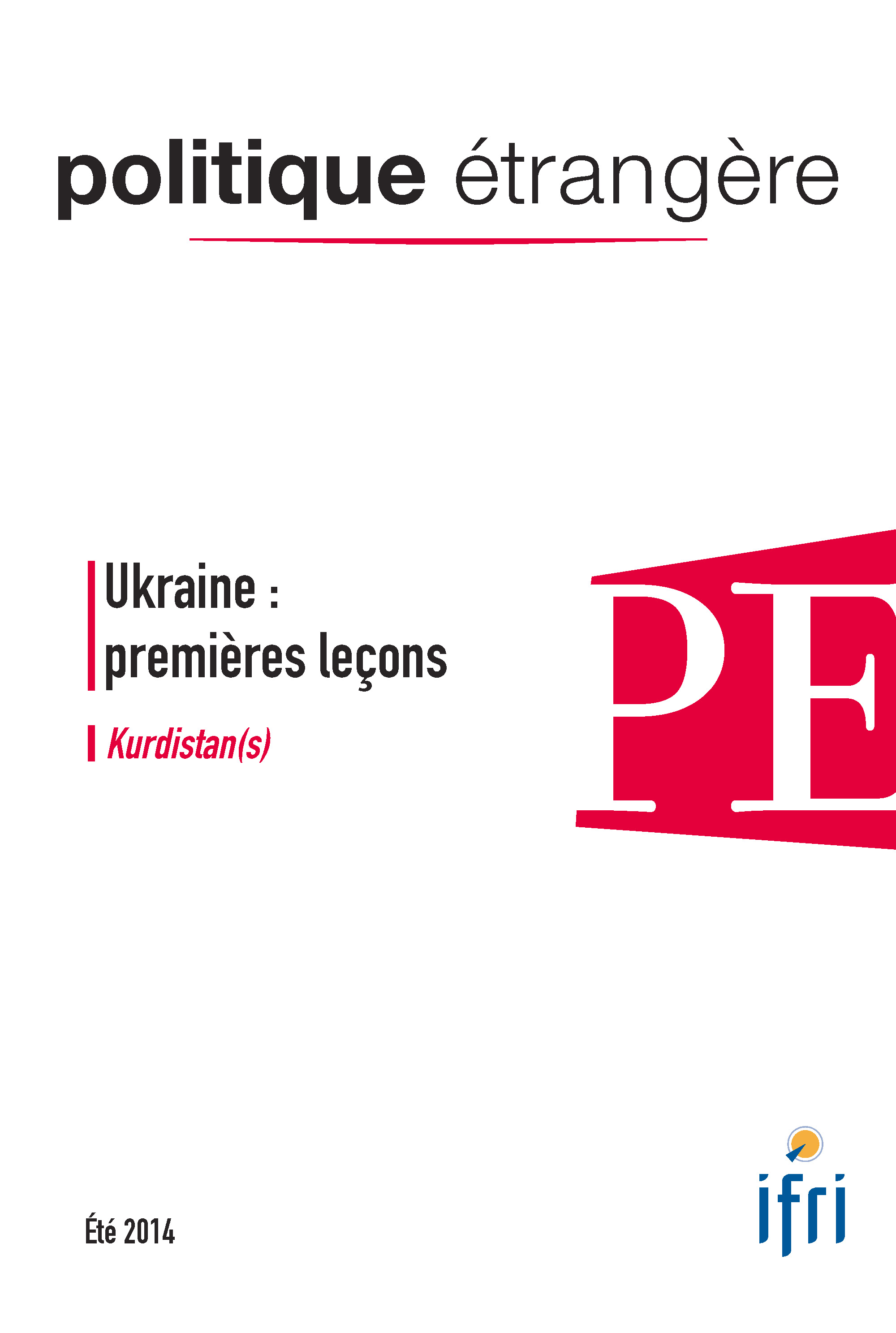Security - Defense
As a result of global strategic competition, security and defense issues are marked by the return of major wars and nuclear deterrence, the transformation of terrorism and the race for military technologies.
Related Subjects

Les chars, un héritage intempestif ?
Regarded as a revolutionary weapon at the beginning of the 20th century, the tank is now suffering from a lack of legitimacy: in the last 20 years, most European states have drastically reduced their tank fleets, sometimes even entirely removing them from their arsenals.

International Relations: the Era of Anthropologists
Both perpetrators and forms of violence change. States are no longer the central referents of contemporary conflicts. We can no longer understand them as the outcome of a linear history starting from tribal societies and leading to Western political structures.
The Digital Tsunami. Natural Disasters Management in the Age of Social Media
Social media enable new means of natural disasters management. It is now easier to locate victims, to find shelters, or to coordinate humanitarian aid. Prevention has also become more efficient. From now on, this tool will be more and more present in the field of natural disasters management; however, it also poses some risks because of its open nature, which makes control more difficult.

Peace as War’s Goal: A Slow Rediscovery
According to the traditional notion of the just war, an armed conflict should lead to conditions of durable peace.


Country Risk Analysis: More than a Postmodern Discipline
Methodological debates about the stages of growth and the way in which a country goes through political modernization are long-established and manifold.

The Nagging Problem of State Insolvency
Historically, states have indebted themselves to finance military campaigns. They do so nowadays for other reasons such as financing productive investment.

Strategy in Theory
The term “strategy” goes back to Greek antiquity and its meaning has evolved over time. Although today the term is bandied about and employed in all contexts, in the past, attempts to define it have been made by the greatest military thinkers.
On the Strategic Value of Ballistic Missile Defense
The strategic value of missile defense remains in considerable debate in Europe but less so in the United States.
Les chausse-trapes de la remontée en puissance : Défis et écueils du redressement militaire
A process of military resurgence shows a government’s will to strengthen its defense apparatus, either to face new strategic challenges or, more frequently, to reverse decline of its capabilities.
Support independent French research
Ifri, a foundation recognized as being of public utility, relies largely on private donors – companies and individuals – to guarantee its sustainability and intellectual independence. Through their funding, donors help maintain the Institute's position among the world's leading think tanks. By benefiting from an internationally recognized network and expertise, donors refine their understanding of geopolitical risk and its consequences on global politics and the economy. In 2024, Ifri will support more than 70 French and foreign companies and organizations.
















